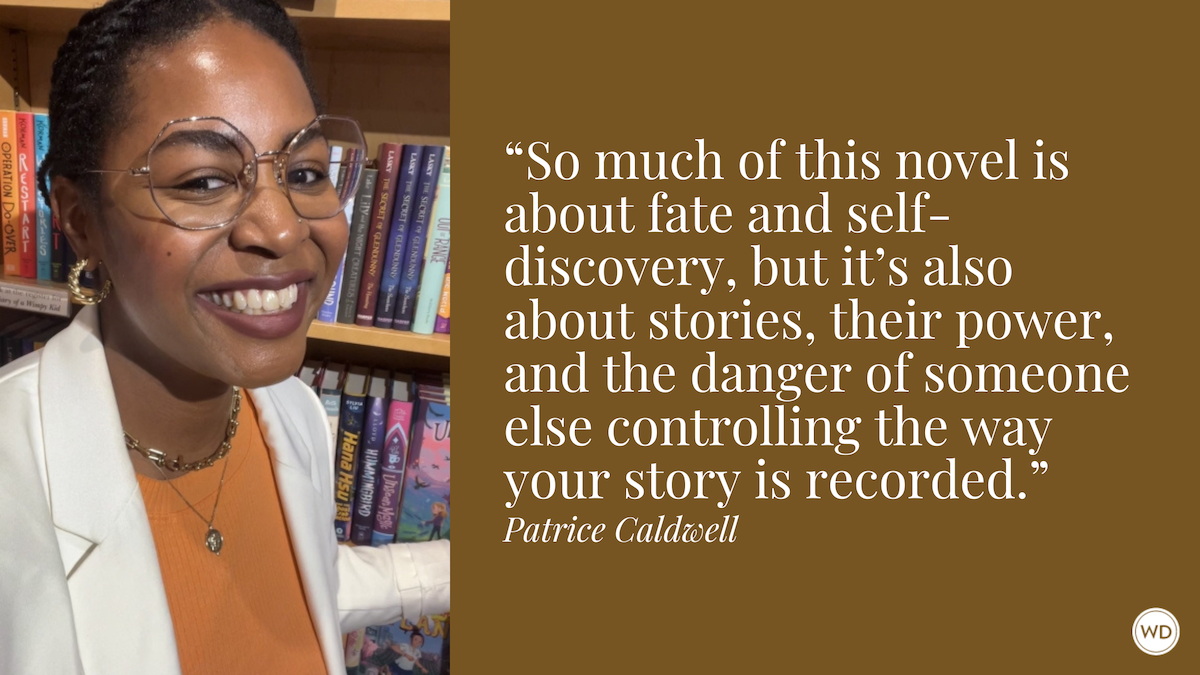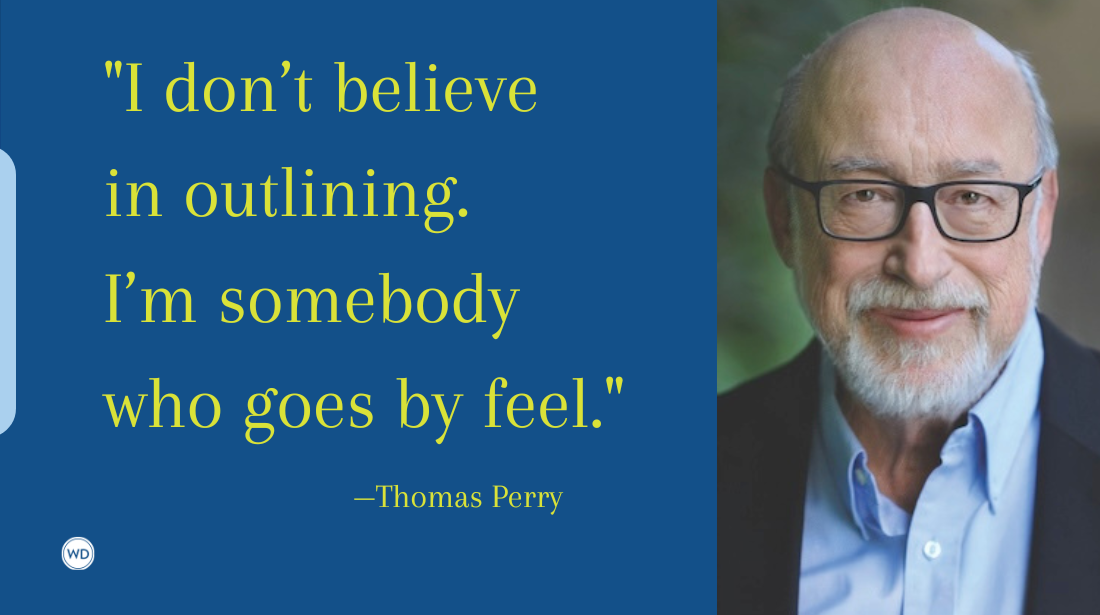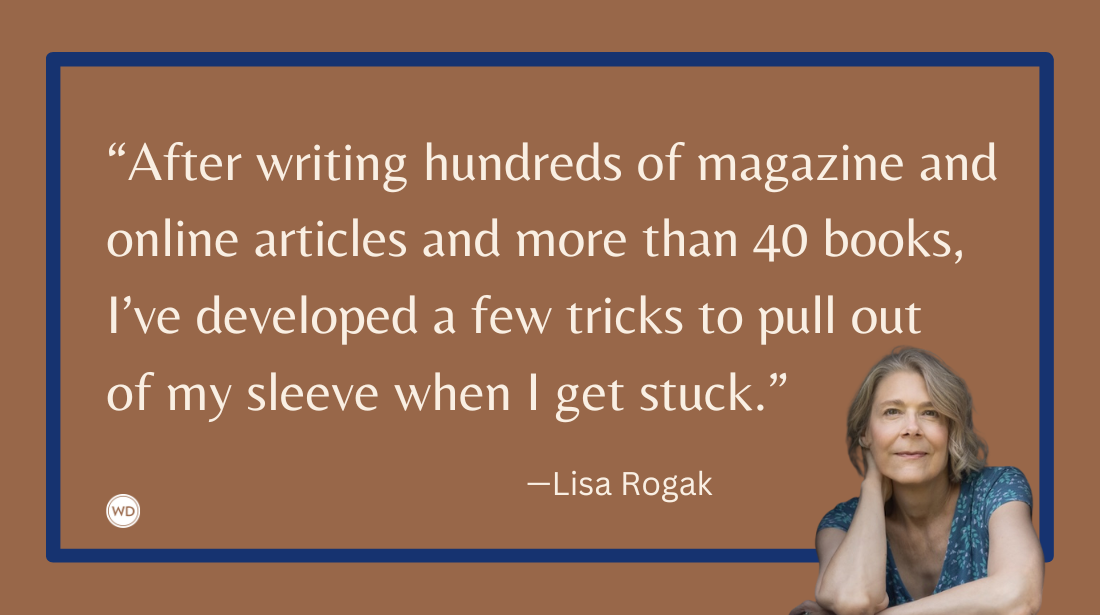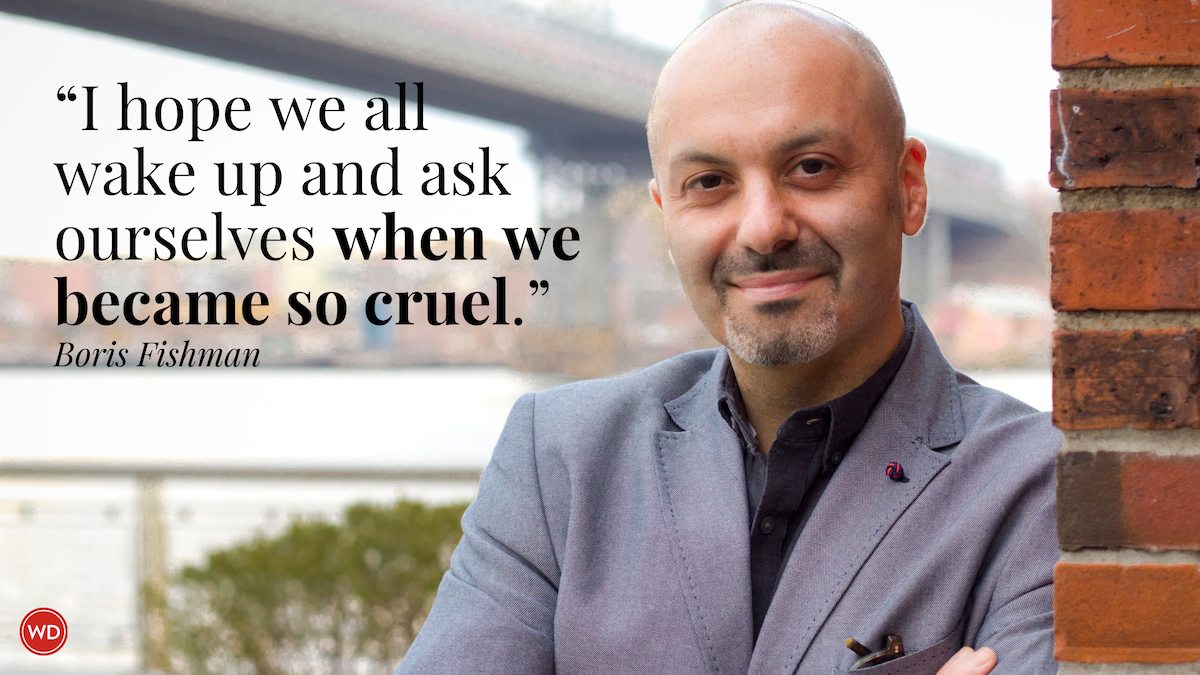Writing Mistakes Writers Make: Researching Too Much
The Writer’s Digest team has witnessed many writing mistakes over the years, so we started this series to help identify them for other writers (along with correction strategies). This week’s writing mistake is researching too much.
Everyone makes mistakes—even writers—but that's okay because each mistake is a great learning opportunity. The Writer's Digest team has witnessed many mistakes over the years, so we started this series to help identify them early in the process. Note: The mistakes in this series aren't focused on grammar rules, though we offer help in that area as well.
Rather, we're looking at bigger picture mistakes and mishaps, including the error of using too much exposition, neglecting research, or trying to write for everyone. This week's writing mistake writers make is researching too much. Or, another way of putting it: spending too much time researching and not enough time writing.
Writing Mistakes Writers Make: Researching Too Much
Every good writer knows, research is part of the writing process. Whether you’re writing fiction or nonfiction, there will always be something you’ll need to research in order to make your writing more accurate, realistic, or believably unrealistic. And researching can be time-consuming, but it shouldn’t be all-consuming. At some point, you’ll need to turn off the internet, close the books, and start writing.
Over the years, I’ve started and abandoned no fewer than six novels that I’ve started and then shortly thereafter stopped working on because I hit a wall. I was going to incorporate something that I didn’t know much about (ranging from a character’s job to the accuracy of a legal aspect of a plot point to where the book was set) and without researching, I didn’t know where to go.
So, I minimized the manuscript window, opened my web browser and was off to the races. By turns I’d fall into a rabbit hole or get extraordinarily bored. When I fell into the rabbit hole, I’d forget why I was looking things up, or I’d find so many interesting things that I needed to read right now and my TBR pile would grow exponentially. The manuscript long left in the dust. On the opposite end, when I’d get bored with the research, I’d then get bored with my story idea and assume potential readers would also get bored. I didn’t spend the time or energy in considering how I might shift my story as a result of my research.
But there’s another way in which I’d “research too much.” I have a bit of what some may call writer’s block, or imposter syndrome, or just plain old procrastination, and I’d use the guise of research to not write. One of my favorite pieces of writing advice is “to be a good writer you have to be a good reader.” But I may have (read: definitely) taken that to the extreme. In the past few years, I’ve read hundreds and hundreds of books and written a grand total of 1 page of fiction. I kept telling myself, all this reading is research that will eventually reveal to me the subject I want to write about, the way I want to write about it, and by osmosis I’ll learn the craft skills needed to write the book I want to write. Sound familiar?
Look, I edit a writing advice magazine so I’m not going to tell you that studying your craft and analyzing works that embody that craft isn’t a good use of your time—it is! But—and I’m saying this as much as for you as for me—there comes a time when the only way you’ll learn what you need to is by picking up your pen and writing.
On that note, here are four tips to help you (and me!) do just that. And because I need some accountability here, I’m going to name some specific, actionable items I’m going to take to advance my own fiction writing. Maybe it will inspire you to do the same.
TIPS
1. Set a Goal: If you’re a procrastinator or commitment-phobe like me, set a goal for yourself. One common piece of advice people give is to start easy by setting aside just 10 or 15 minutes a day to get yourself in the groove. But maybe that self-accountability is too tough or too broad. Consider committing to a writing challenge with a specific goal in mind. For example, I’ve tried and failed to participate in NaNoWriMo at least three or four times. November 1 rolls around and I have no idea what to write about or I have a dozen story ideas and can’t commit to just one, so I don’t do any.
On this day, 9 July 2021, I hereby commit to participating in NaNoWriMo 2021. I see 1 November coming and I have no excuse not to participate this year.
2. Set Time Limits: If you fall into the trap of spending too much time researching and not enough time writing, give yourself a schedule and treat that schedule as if it’s a due date that’ll affect someone else. Whether it’s a specific amount of time allotted each day to research vs. writing, or a set number of months to research before diving headfirst into the manuscript, treat your writing like you would any other project of value.
Since I know I’ll be starting NaNoWriMo in November, I have from July to the end of October to brainstorm topics, narrow it down to one, and research what I think I’ll need to get started. I should be able to research deeply enough to not hit a wall in the first few pages and with enough time to pivot to another idea if I get bored.
3. When You Hit a Wall, Keep Going: I know it can be hard, but when you’re typing away on your novel and you realize you don’t know enough about something to write about it, just put a pin in it. Highlight it, mark it with XXXs, add a comment with what you want to know, and then—keep typing. You’re going to have to revise the entire manuscript a number of times anyway, so if you expect that the story might change during revision, it’s a little less painful to know it might also change due to additional research. But at least you’ll have a manuscript to work with instead of a collection of abandoned projects.
Part of why I’m committing to NaNoWriMo this year is that I think having the month long project with daily word count goals will help me push past those moments when I get stuck and want to research more. If I want to “win” the challenge and hit 50k words, I’ll need to rely on the research I’ve done in the months leading up to the challenge and then use my imagination when I hit a spot where the research won’t cover it. I already know I’ll need to do heavy revision so I’m not worried about future research altering my project
4. Make Time for What You Love: If you research too much because you just love reading and learning new things—make space for that. While it’s good to set time limits and goals, you’ll work against yourself if you’re too restrictive. It’s about finding balance. Likewise, if you research too much because multiple project ideas are interesting to you and you can’t pick just one—don’t. Pick two. Pick three! It could be that as you purposefully divide your attention between projects you’ll learn that one might be better as a short story rather than a full novel. Or you could pitch one idea as an article. In this way, your research won’t go to waste and you’ll have something to show for it.
Researching has its place in every kind of writing, but should never take the place of writing. Hopefully these tips will set you on the right path. And if you have more suggestions, leave them in the comment box below!
About Amy Jones
Amy Jones is the Editor-in-Chief of Writer’s Digest and was the managing content director for WD Books. She is the editor of the Novel and Short Story Writer's Market and Children's Writer's and Illustrator's Market. Prior to joining the WD team, Amy was the managing editor for North Light Books and IMPACT Books. Like most WD staffers, Amy is a voracious reader and has a particular interest in literary fiction, historical fiction, steamy romance, and page-turning mysteries. When she’s not reading, Amy can be found daydreaming about Italy or volunteering at her local no-kill cat shelter. Find Amy on Twitter @AmyMJones_5.






